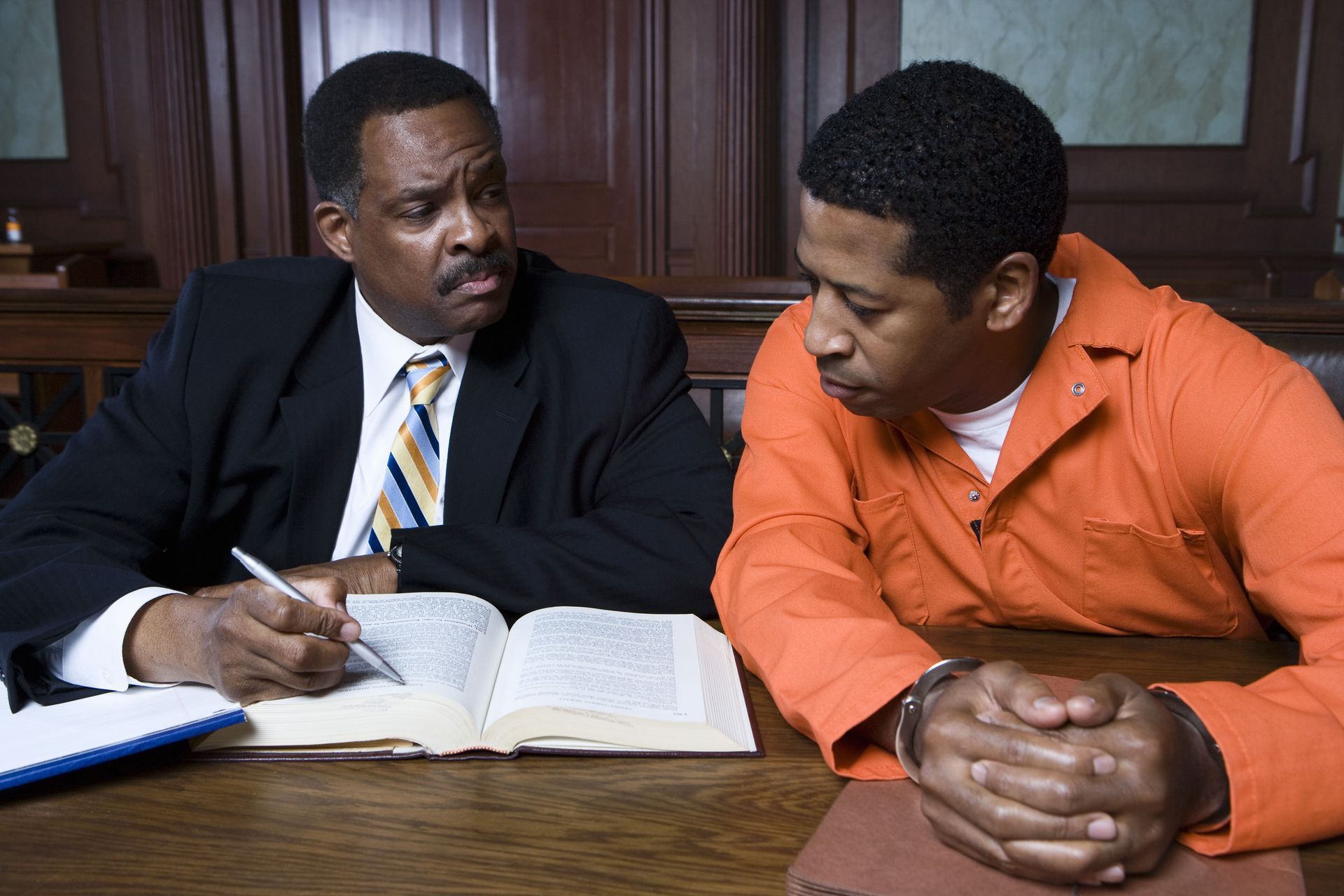Insights From a DUI Lawyer: Understanding Your Rights During a DUI Stop
Every year, countless individuals find themselves facing the daunting experience of a DUI stop. Such a situation can be both intimidating and confusing, especially when you're unsure about your rights. Understanding what to expect and how to protect yourself legally is essential. This blog post, drawing on insights from experienced DUI lawyers, will guide you through what happens during a DUI stop and how to assert your rights effectively.
Your Right to Remain Silent
One of the most crucial rights you have during a DUI stop is the right to remain silent. You are not obligated to answer any questions beyond providing basic identification information. While it can be tempting to explain yourself or offer excuses, anything you say during the stop can be used against you in court. DUI lawyers often advise clients to politely inform officers of their intention to invoke their right to silence to avoid self-incrimination.
Staying calm and respectful while asserting your rights can make a significant difference in how the situation unfolds. You don’t need to offer explanations about where you’ve been, whether you’ve been drinking, or how much. Even seemingly harmless statements like “I only had one drink” can be used to build a case against you. It’s also important to remember that law enforcement officers are trained to gather evidence, and conversations during a stop are part of that process. By choosing to remain silent and asking to speak with an attorney, you protect yourself from unintentionally making your legal situation more difficult.
The Importance of Compliance
While you have the right to remain silent, it’s also important to understand the legal obligation to comply with lawful orders during a DUI stop. This includes handing over your driver’s license, vehicle registration, and proof of insurance when requested. Non-compliance can lead to additional legal complications and potentially result in further charges. Remaining calm and courteous while complying with these requests can help ensure a smoother process.
Keep in mind that compliance doesn’t mean giving up your rights—it simply means cooperating with the procedural aspects of the stop. Responding with hostility or refusing to provide documentation could escalate the situation, potentially giving law enforcement justification to detain you longer or conduct further investigation. Being cooperative while still protecting your legal interests puts you in the strongest position moving forward.
Field Sobriety and Chemical Tests
During a DUI stop, officers may ask you to perform field sobriety tests or chemical tests, such as a breathalyzer. It’s important to know that participation in these field sobriety tests is typically voluntary. However, refusing a chemical test can have immediate legal consequences, including license suspension in many jurisdictions. According to SafeHome, drunk driving fatalities are more common at night, with nearly 9,700 nighttime DUI deaths compared to about 3,100 during the day, which makes officers more vigilant during nighttime stops. Consulting with a DUI lawyer in your area can clarify the specific laws and potential consequences you face in your jurisdiction.
Understanding Probable Cause
Probable cause is a critical factor in DUI stops. Law enforcement must have a valid reason to pull you over in the first place, such as erratic driving or a traffic violation. Without probable cause, any evidence collected during the stop may be inadmissible in court. Understanding this principle can help you and your lawyer assess the legality of the stop and defense strategies effectively. If you believe your rights were violated, documenting the details of the stop can be invaluable for your defense.
The Immediate Aftermath
After a DUI stop, the steps you take can significantly influence the outcome of your case. Promptly contacting a DUI attorney can be crucial in ensuring your rights are protected and that you receive sound legal advice. Remember that the legal process can be complex, and having a skilled attorney by your side can make a sizeable difference in negotiating a favorable outcome. Your lawyer will review the evidence, explore potential defenses, and advise you on the best course of action.
Being stopped for a suspected DUI can be a nerve-wracking experience, but knowing your rights can help you navigate the situation with more confidence. From exercising your right to remain silent to understanding the implications of field sobriety tests, staying informed is key. By complying with lawful requests and contacting an experienced DUI lawyer, you can significantly improve your chances of a positive legal resolution. Knowledge of your rights during a DUI stop is not just empowering—it is essential for protecting your future.
If you've recently faced a DUI stop or want to better understand your rights, the Law Offices of Jason Pollack, Esq is here to help. Contact us today to speak with an experienced DUI attorney who can guide you through your legal options and protect your future.













Share On: